
Gwen(llian) Williams
@gwenlliams.bsky.social
Experimental Psychology PhD student @ University of Oxford 🌞
BSc Mathematics and Psychology, MSc Psychological Research
researching visual attention and temporal predictions with @dynacog-lab.bsky.social @abclab.bsky.social @brognition.bsky.social
BSc Mathematics and Psychology, MSc Psychological Research
researching visual attention and temporal predictions with @dynacog-lab.bsky.social @abclab.bsky.social @brognition.bsky.social
yay Sage!
🌟 We’re delighted to announce Dr Sage Boettcher (@ox.ac.uk) as the Rising Star: Early Group Leader winner at the #WiNUKAwards2025!
Sage leads the Dynamic Cognition Lab, studying how attention and memory interact to guide behaviour. A dedicated mentor, teacher, and advocate for inclusive science.
Sage leads the Dynamic Cognition Lab, studying how attention and memory interact to guide behaviour. A dedicated mentor, teacher, and advocate for inclusive science.

November 10, 2025 at 12:04 PM
yay Sage!
Reposted by Gwen(llian) Williams
📣 Out in TINS (@cp-trendsneuro.bsky.social):
Neural processing is often described as either externally or internally directed. In our new Forum article, we (@freekvanede.bsky.social & Kia Nobre) propose a multilevel framework for conceptualising external and internal continua of brain processes.
Neural processing is often described as either externally or internally directed. In our new Forum article, we (@freekvanede.bsky.social & Kia Nobre) propose a multilevel framework for conceptualising external and internal continua of brain processes.

October 19, 2025 at 7:44 AM
📣 Out in TINS (@cp-trendsneuro.bsky.social):
Neural processing is often described as either externally or internally directed. In our new Forum article, we (@freekvanede.bsky.social & Kia Nobre) propose a multilevel framework for conceptualising external and internal continua of brain processes.
Neural processing is often described as either externally or internally directed. In our new Forum article, we (@freekvanede.bsky.social & Kia Nobre) propose a multilevel framework for conceptualising external and internal continua of brain processes.
Reposted by Gwen(llian) Williams
Out in @cp-neuron.bsky.social now! Kia and I argue that attention research would benefit from a stronger focus on how the brain shifts between external and internal attention. We outline competing hypotheses, review existing behavioral and neural findings, and highlight open questions.

How the brain shifts between external and internal attention
Focusing on relevant contents to guide adaptive behavior is a core property of the brain. For decades, scientists have investigated mechanisms to anti…
www.sciencedirect.com
July 16, 2025 at 3:34 PM
Out in @cp-neuron.bsky.social now! Kia and I argue that attention research would benefit from a stronger focus on how the brain shifts between external and internal attention. We outline competing hypotheses, review existing behavioral and neural findings, and highlight open questions.
Reposted by Gwen(llian) Williams
Looking for a summer read? Look no further! ☀️
Our most recent paper with Sage Boettcher, @freekvanede.bsky.social and @kianobre.bsky.social is out @plosbiology.org! 🪩
Sensory and motor working-memory contents are both prioritised dynamically, but their prioritisation can be temporally decoupled 🧠
Our most recent paper with Sage Boettcher, @freekvanede.bsky.social and @kianobre.bsky.social is out @plosbiology.org! 🪩
Sensory and motor working-memory contents are both prioritised dynamically, but their prioritisation can be temporally decoupled 🧠

Sensory and motor contents are prioritized dynamically in working memory
Attention flexibly modulates sensory contents in working memory, but the dynamics of motor content modulation in working memory remain unclear. This study shows that brain representations of both sens...
journals.plos.org
July 15, 2025 at 2:02 PM
Looking for a summer read? Look no further! ☀️
Our most recent paper with Sage Boettcher, @freekvanede.bsky.social and @kianobre.bsky.social is out @plosbiology.org! 🪩
Sensory and motor working-memory contents are both prioritised dynamically, but their prioritisation can be temporally decoupled 🧠
Our most recent paper with Sage Boettcher, @freekvanede.bsky.social and @kianobre.bsky.social is out @plosbiology.org! 🪩
Sensory and motor working-memory contents are both prioritised dynamically, but their prioritisation can be temporally decoupled 🧠
Reposted by Gwen(llian) Williams
Attention was paid and memories were made at the wonderful lab retreat in Oxford this week with @brognition.bsky.social and @dynacog-lab.bsky.social - serious punting, tasty BBQs, great conversations, and even better company 😀🧠
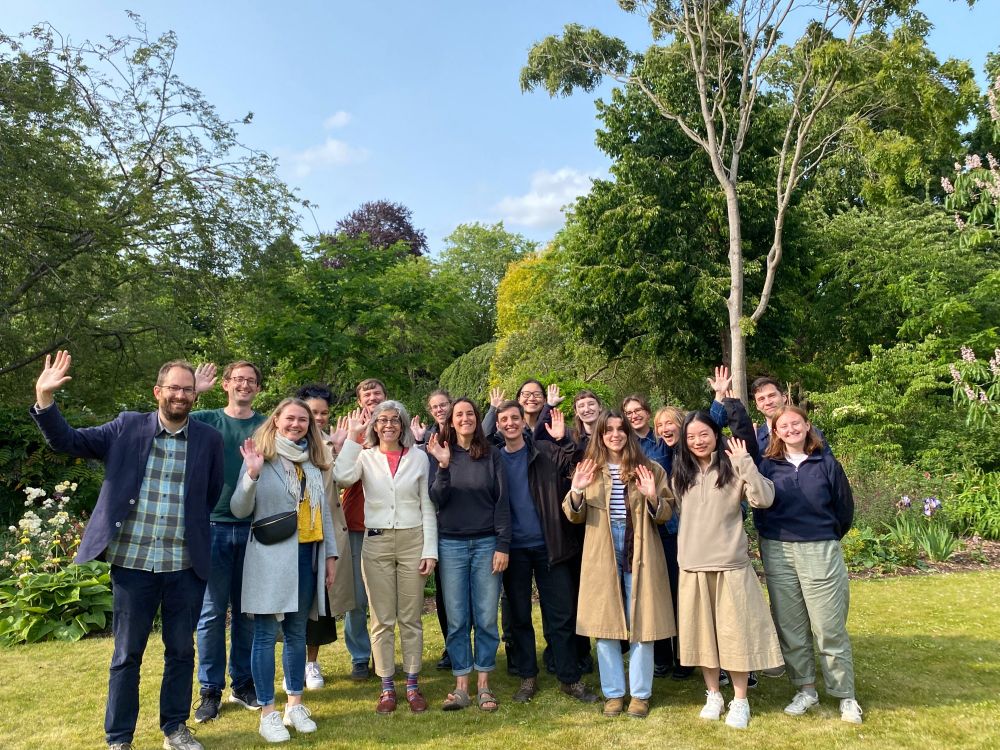
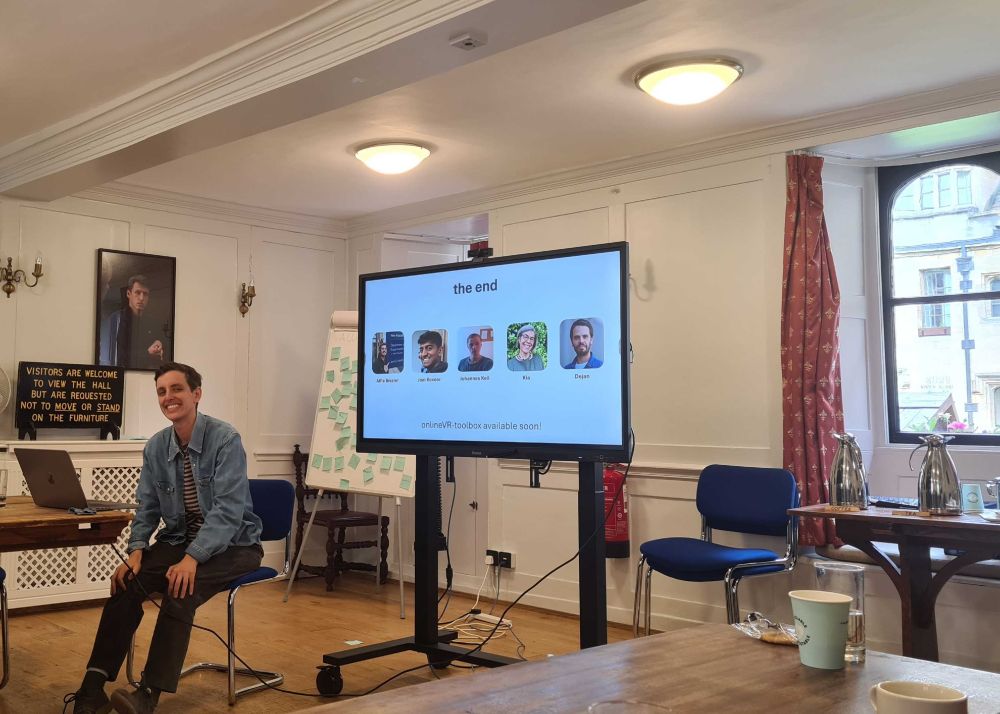
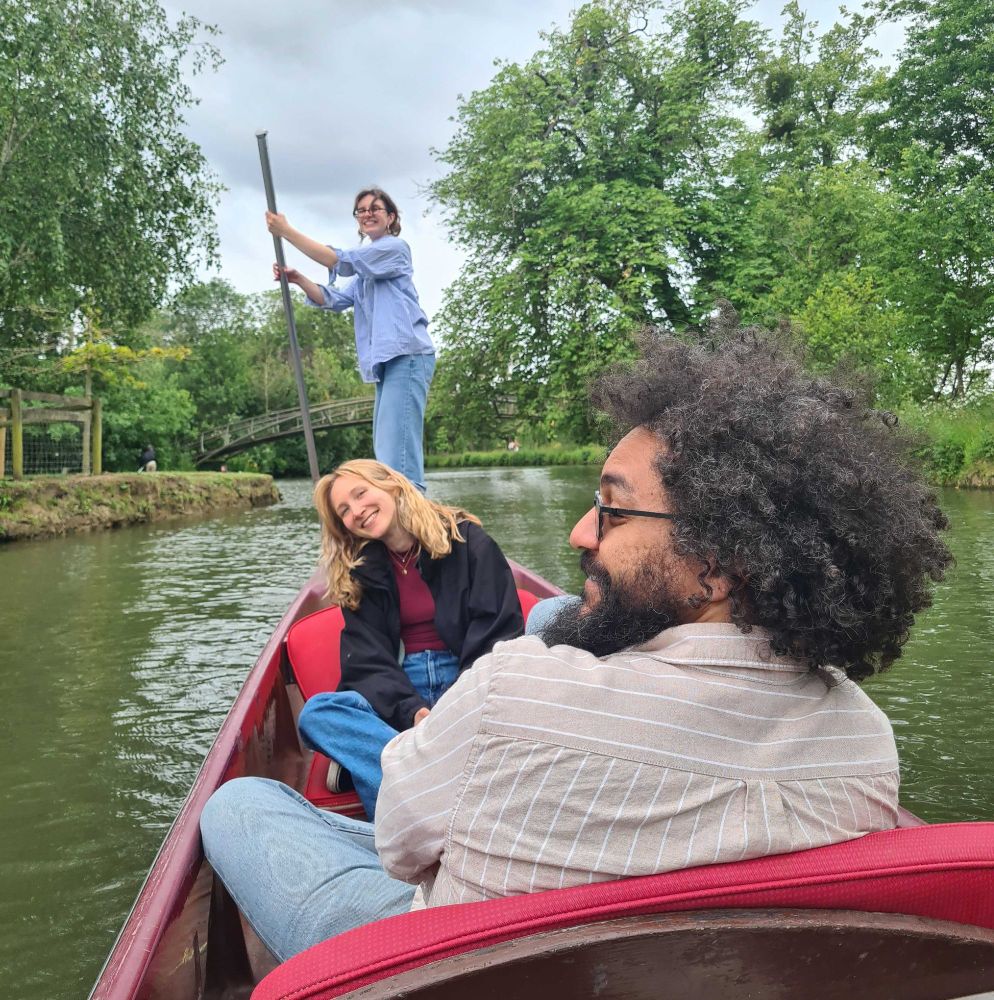
June 5, 2025 at 1:07 PM
Attention was paid and memories were made at the wonderful lab retreat in Oxford this week with @brognition.bsky.social and @dynacog-lab.bsky.social - serious punting, tasty BBQs, great conversations, and even better company 😀🧠
Reposted by Gwen(llian) Williams
First post on Bluesky! Check out our new paper (w/ @abclab.bsky.social @brognition.bsky.social) in Nature Communications @natcomms.bsky.social (featured in Editors' Highlights🌟)!
We investigated how attention operates differently within WM and LTM:
www.nature.com/articles/s41...
(1/6)
We investigated how attention operates differently within WM and LTM:
www.nature.com/articles/s41...
(1/6)
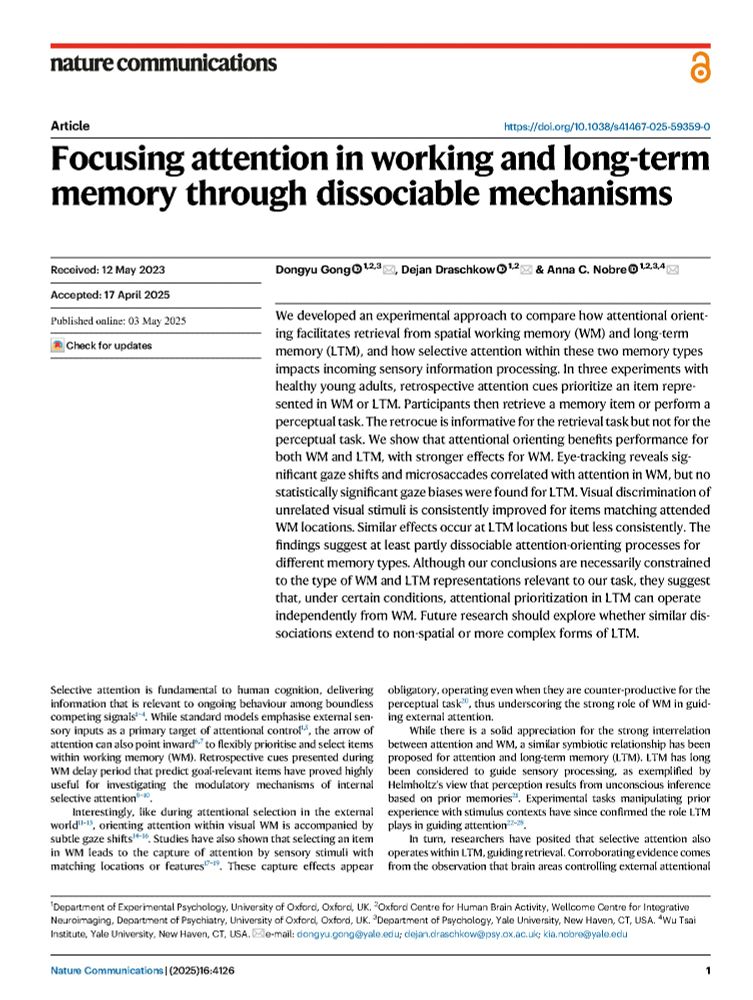
May 20, 2025 at 5:21 AM
First post on Bluesky! Check out our new paper (w/ @abclab.bsky.social @brognition.bsky.social) in Nature Communications @natcomms.bsky.social (featured in Editors' Highlights🌟)!
We investigated how attention operates differently within WM and LTM:
www.nature.com/articles/s41...
(1/6)
We investigated how attention operates differently within WM and LTM:
www.nature.com/articles/s41...
(1/6)
Reposted by Gwen(llian) Williams
📢 New paper out in JoN [@sfnjournals.bsky.social]! With Larissa, Freek [@freekvanede.bsky.social], Kia [@brognition.bsky.social] and Sage [@dynacog-lab.bsky.social], we ask which and when WM contents get reselected after an interrupting external-attention task. 🧵 below (1|9) doi.org/10.1523/JNEU...
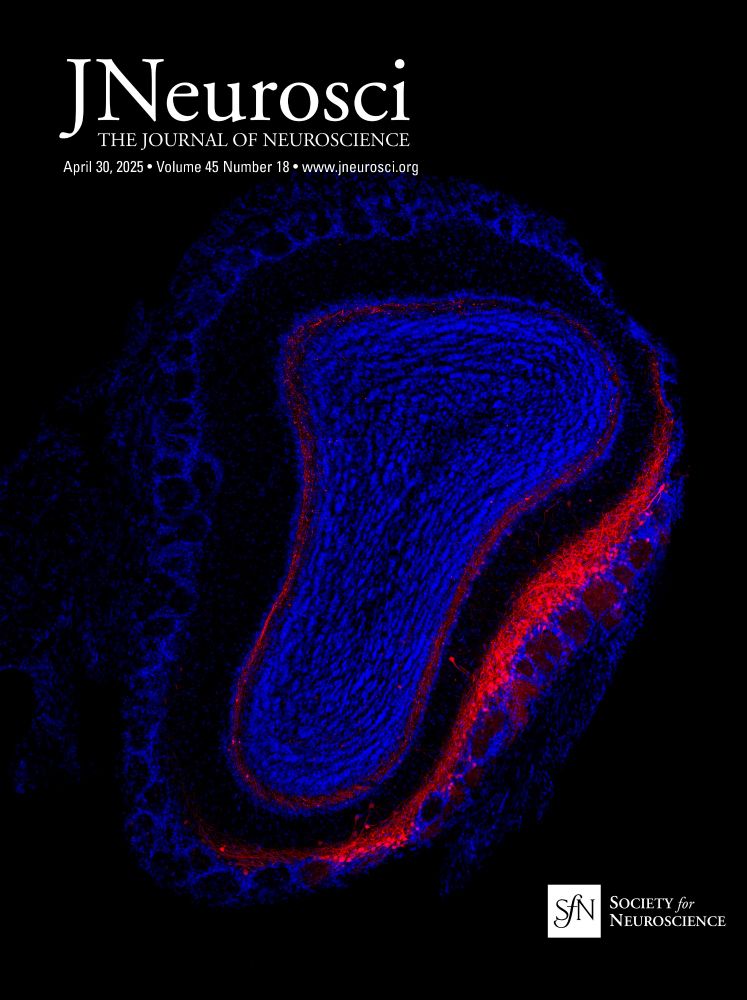
Neural Dynamics of Reselecting Visual and Motor Contents in Working Memory after External Interference
In everyday tasks, we must often shift our focus away from internal representations held in working memory to engage with perceptual events in the external world. Here, we investigated how our interna...
doi.org
May 2, 2025 at 2:28 PM
📢 New paper out in JoN [@sfnjournals.bsky.social]! With Larissa, Freek [@freekvanede.bsky.social], Kia [@brognition.bsky.social] and Sage [@dynacog-lab.bsky.social], we ask which and when WM contents get reselected after an interrupting external-attention task. 🧵 below (1|9) doi.org/10.1523/JNEU...
🎉 Excited to share the first preprint from my PhD research!
Huge thank yous to Sage Boettcher (@dynacog-lab.bsky.social) and Kia Nobre (@brognition.bsky.social) and everyone else that supported this work!
www.biorxiv.org/content/10.1...
Huge thank yous to Sage Boettcher (@dynacog-lab.bsky.social) and Kia Nobre (@brognition.bsky.social) and everyone else that supported this work!
www.biorxiv.org/content/10.1...

Feature-temporal predictions dynamically modulate performance, feature-based attentional capture, and motor response activity during visual search
Recent research has investigated visual search in dynamic environments and considered how temporal predictions modulate behaviour over time. Spatiotemporal predictions have been shown to adaptively gu...
www.biorxiv.org
April 22, 2025 at 1:28 PM
🎉 Excited to share the first preprint from my PhD research!
Huge thank yous to Sage Boettcher (@dynacog-lab.bsky.social) and Kia Nobre (@brognition.bsky.social) and everyone else that supported this work!
www.biorxiv.org/content/10.1...
Huge thank yous to Sage Boettcher (@dynacog-lab.bsky.social) and Kia Nobre (@brognition.bsky.social) and everyone else that supported this work!
www.biorxiv.org/content/10.1...

